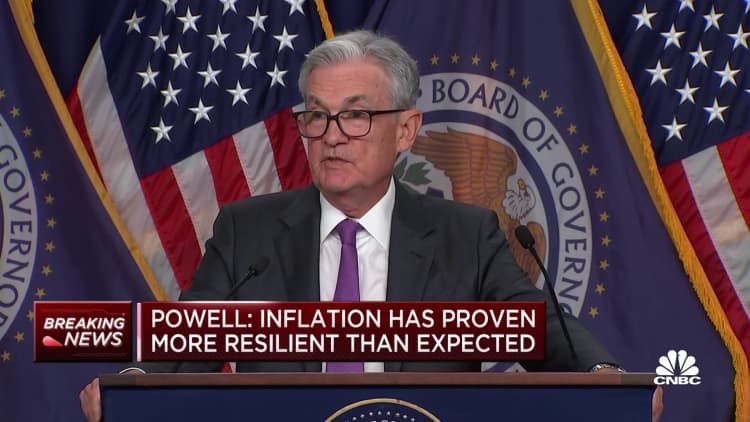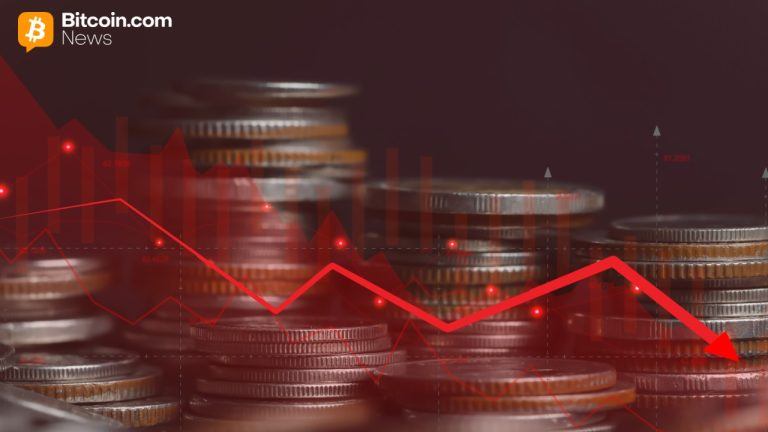As recession fears fade, we may be experiencing a ‘richcession’ instead — here’s what that means for you
2 min read

A ‘richcession’ may be underway
“In most recessions, unemployment rises more for lower-income groups,” said Tomas Philipson, a professor of public policy studies at the University of Chicago and former acting chair of the White House Council of Economic Advisers.
“Although we are not in an overall recession yet, the demand for and wages of lower-income groups are outpacing higher-income groups.”
Maskot | Digitalvision | Getty Images
The start of the year was plagued by waves of layoffs: Employers announced plans to cut 481,906 jobs in the first seven months, up 203% from the 159,021 cuts for the year-earlier period, according to Challenger, Gray & Christmas, a global outplacement and business and executive coaching firm.
Some sectors, such as banking and tech, have been particularly hard hit, and a series of Wall Street layoffs earlier this summer fueled fears that a recession still looms driven by those professional job losses.
But there still aren’t enough workers to fill open positions in the service industry and the unemployment rate remains near a 50-year low at just 3.5%.
What a ‘richcession’ means for consumers
“Recession is a loaded term,” said Jacob Channel, senior economist at LendingTree. “White-collar jobs might not be as plentiful as they were last year, but they’re still around.”
And “at the end of the day, even if white-collar hiring does appear to be on the decline, that doesn’t mean that the entire economy as a whole is struggling,” Channel said.
“On the contrary, most current data indicates that despite numerous headwinds, the broader economy is doing remarkably well, all things considered,” he added.
But regardless of the country’s economic standing, many Americans are feeling the pain of higher prices and most have exhausted their savings and are now leaning on credit cards to make ends meet.
Several reports show financial well-being is deteriorating. Rather than a “richcession,” this more closely resembles a so-called K-shaped recovery, said Greg McBride, Bankrate.com’s chief financial analyst.
Wealthy Americans aren’t exactly suffering, but credit card debt is at an all-time high and 61% of adults are living paycheck to paycheck. “Those are signs of financial strain,” he said.
However this economic period is ultimately defined, it will only be in hindsight, McBride said. “Typically, by the time a recession is declared, the recovery is underway.”







